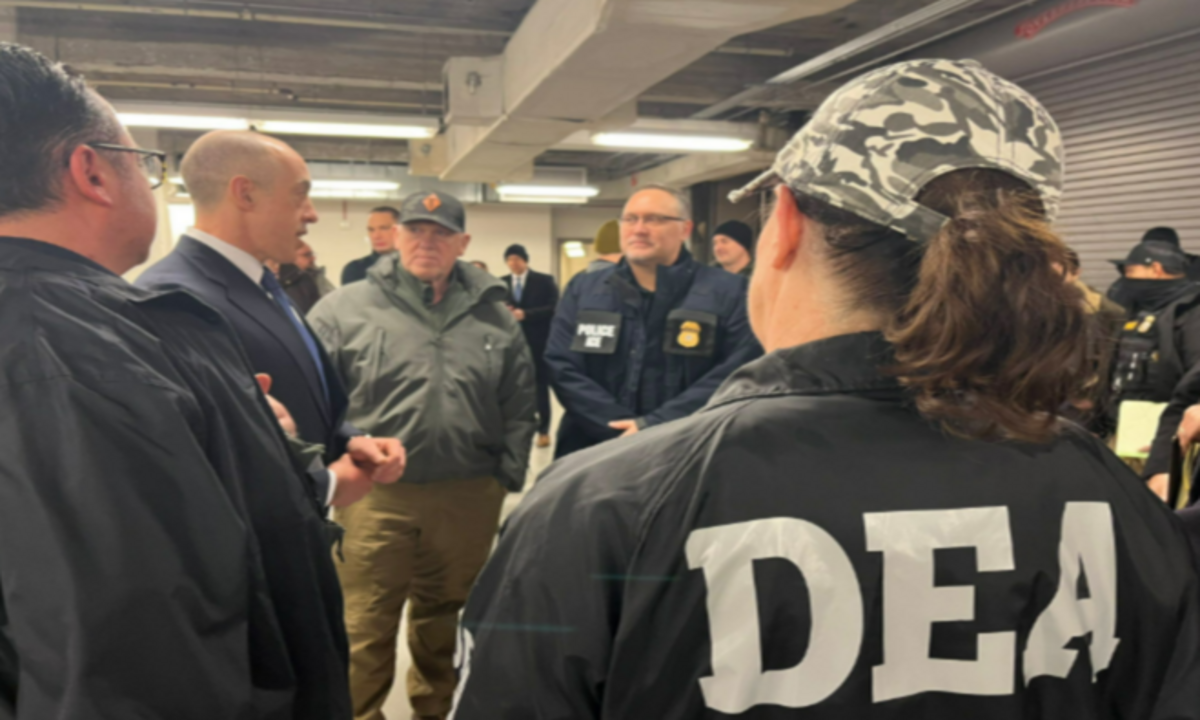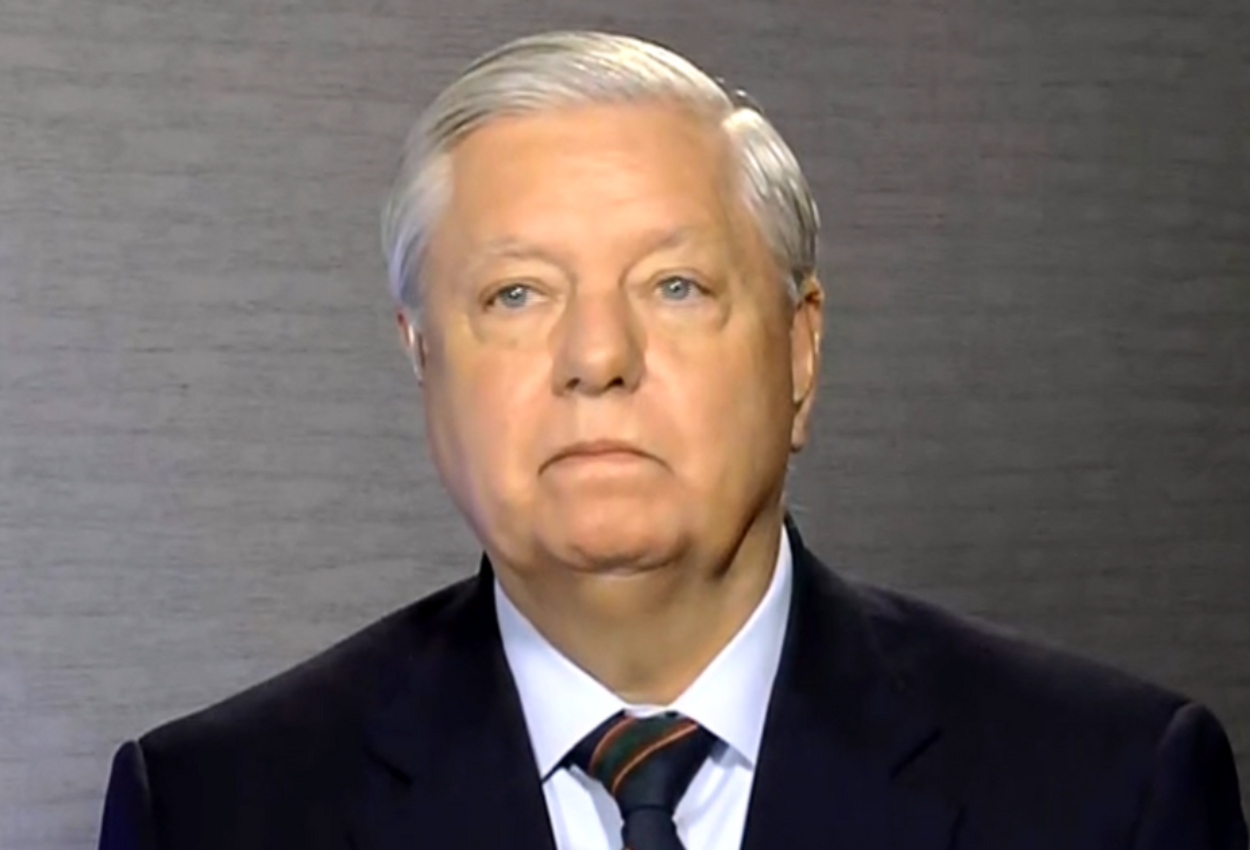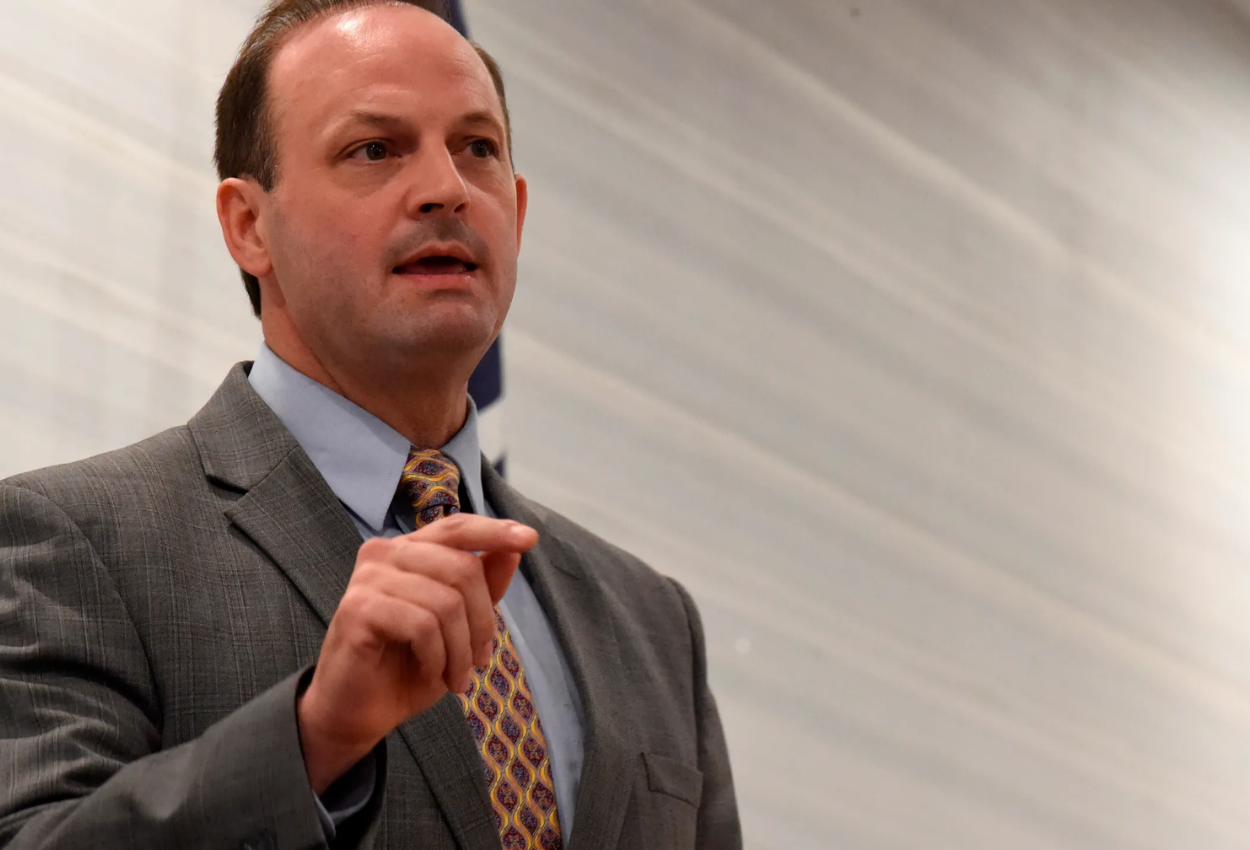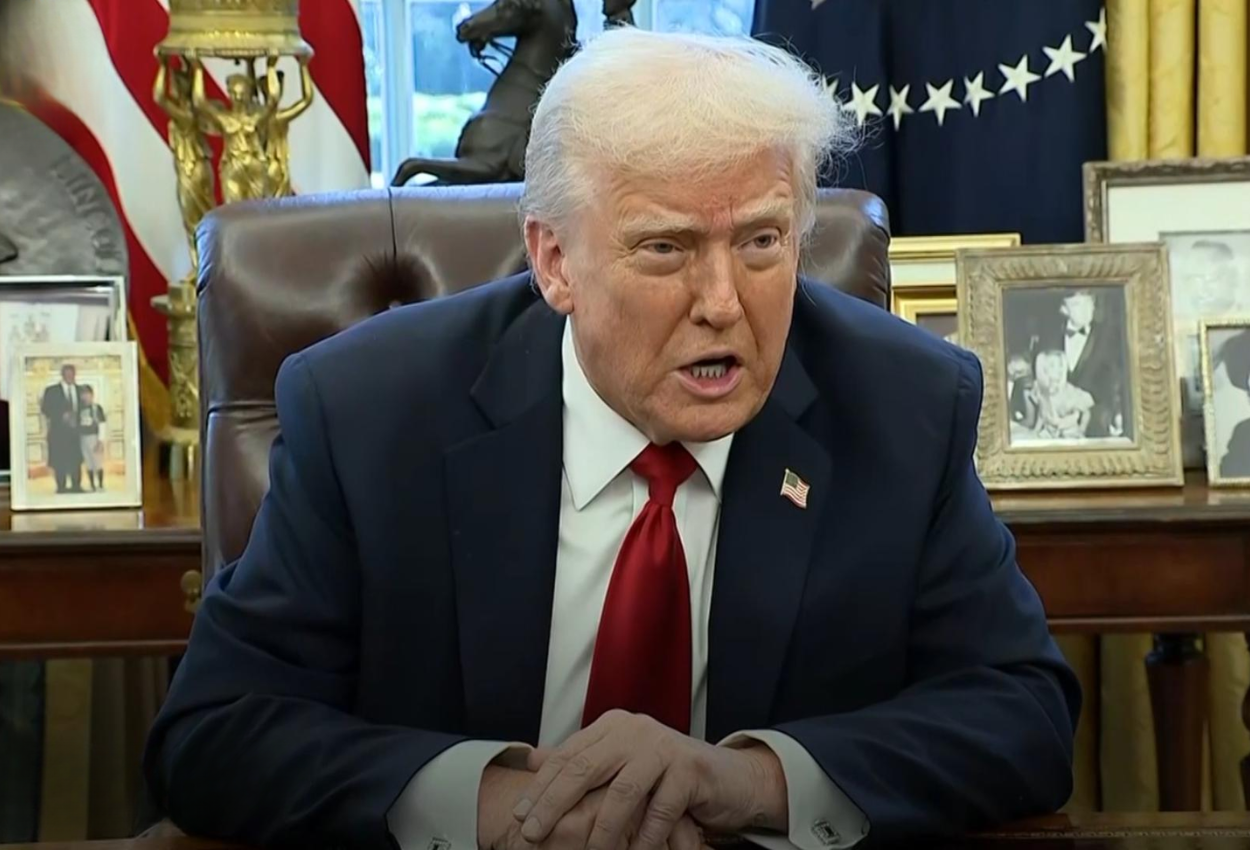The Drug Enforcement Administration (DEA) is playing a significant role in the Trump administration’s ongoing efforts to enforce the largest deportation operation in U.S. history. With federal agencies stepping up their involvement, the DEA Phoenix Division has recently been active in assisting the Department of Homeland Security (DHS) in making immigration-related arrests, including one in Arizona on Monday.
Federal Agencies Collaborate on Immigration Enforcement
The DEA’s involvement in immigration arrests marks a shift in federal law enforcement practices. Historically, immigration enforcement has largely been the responsibility of Immigration and Customs Enforcement (ICE). However, under the Trump administration, multiple agencies, including the DEA, FBI, and Bureau of Alcohol, Tobacco, Firearms, and Explosives (ATF), have been tasked with assisting in these operations.
In a recent operation in Arizona, DEA agents helped arrest a man wanted for homicide in Mexico. This arrest is part of a larger strategy to target individuals with criminal records who are living in the U.S. without proper documentation.
Bernard Zapor, a former Special Agent in Charge at the Bureau of Alcohol, Tobacco, Firearms, and Explosives in Phoenix, explained that federal agencies often collaborate on investigations, especially when those investigations involve drug trafficking, weapons or immigration violations. However, he noted that the role of the DEA in enforcing immigration laws is a significant change.
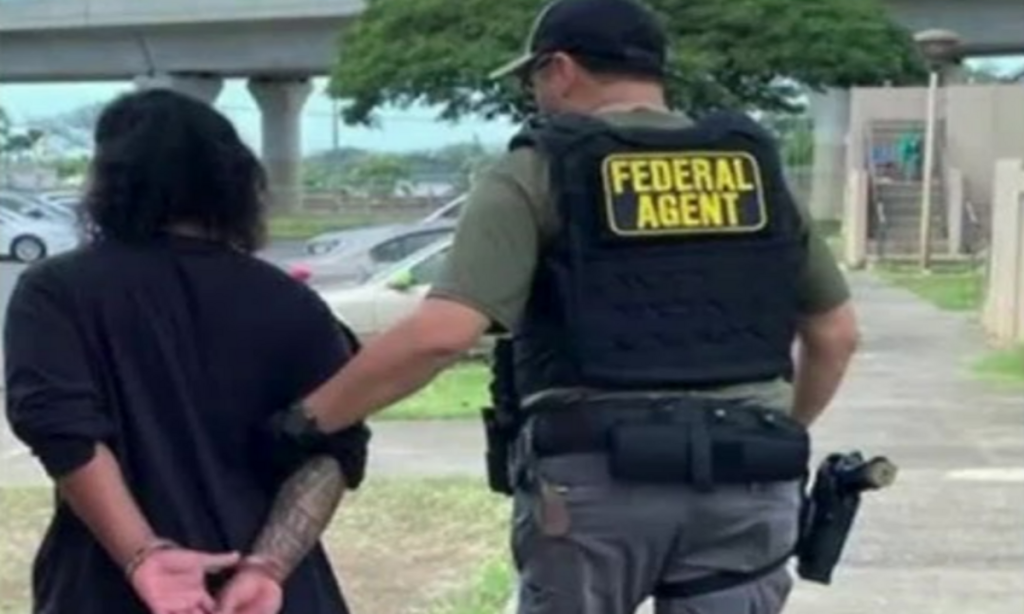
A Shift in Enforcement Strategy
Zapor emphasized that this broader involvement of federal agencies in immigration enforcement will likely have a substantial impact on public safety. “There’s a deterrence message involved in this. They have been operating freely for some time, but now they are on notice,” he said, referring to illegal immigrants with criminal ties. Zapor believes that the Trump administration’s tough stance on illegal immigration will push criminals to be more cautious.
This shift follows executive orders from President Donald Trump directing agencies like the FBI, ATF, and DEA to assist in immigration enforcement. This strategy, often described as “all hands on deck,” is already evident in operations across the U.S., including the recent arrest of 41 individuals in Colorado, some of whom are reportedly connected to the Venezuelan criminal gang, Tren de Aragua.
The Connection Between Drug Trafficking and Immigration Violations
Federal investigations targeting drug trafficking often intersect with immigration violations, particularly when the Mexican cartels are involved. These cartels dominate much of the illegal drug trade in the U.S., and Zapor notes that areas like Phoenix have long been a hub for cartel activities.
“They’ve been here for a long time,” Zapor said of the cartels. “Any place you have a drug trafficking enterprise, it’s got to touch the Mexican cartels, period. They dominate all of it in the United States.”
The DEA’s expanded role in immigration enforcement is expected to continue as investigations related to drug cartels and illegal immigration remain a top priority for federal agencies.
Training and Coordination for Immigration Arrests
With the added responsibility of making immigration arrests, federal agents working alongside ICE are expected to receive specialized training. Zapor noted that proper execution of these operations is crucial to avoid “missteps” as deportations continue across the country. The collaboration between federal agencies, including ICE, is seen as essential to effectively carrying out this wide-ranging operation.
“This type of cooperation has been in place for some time, and with this added emphasis, you’re going to have great outcomes and effective results,” Zapor said.
Disclaimer—Our team has checked this article to ensure its accuracy and eliminate any misinformation. We are committed to providing clear and reliable information for our readers.

